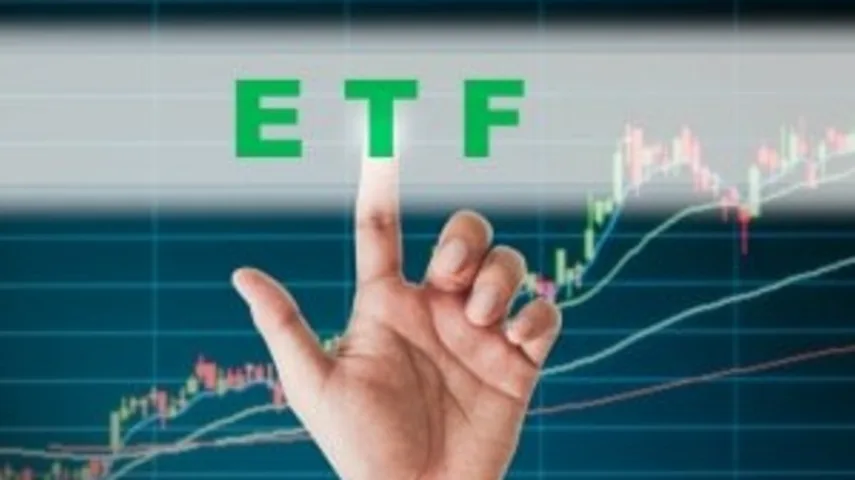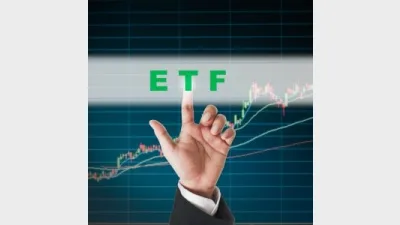Active ETFs drive growth



Actively managed exchange traded products, or active ETFs, are expected to continue to grow in popularity, according to a BetaShares study.
According to the firm’s whitepaper, titled ‘Getting Active: The Next Evolution in Exchange Traded Funds’, active investment strategies would be driving further investment in the sector partly due to changes to regulation, which exempted active managers from having to disclose the underlying securities in their funds on a daily basis.
BetaShare’s pointed to Investment Trends’ research that revealed that active ETFs had the potential to match the growth of their passive counterparts due to an adviser interest in the sector.
Investment Trends’ data found there were around 100,000 self-managed super funds investing in passive ETFs and 44 per cent of financial planners were using passively managed ETFs as part of their clients’ investments.
The research also said that active ETFs had the possibility of attracting adviser interest beyond those currently using ETFs, with half of advisers who were not using passive ETFs interested in using active ETFs in their practices.
BetaShares’ managing director, Alex Vynokur, said: “What we are now witnessing is the ‘ETP 3.0’ revolution, with the launch of funds providing access to fully-active management strategies”.
“While passively managed funds currently make up the lion’s share of the adviser interest in the exchange traded funds market, the evidence suggest advisers are open to accessing a broader range of investment strategies,” he said.
“There are now tremendous opportunities for active managers to directly offer their strategies to investors in exchange traded form, and we believe the sector has a rosy future.”
Recommended for you
Evidentia’s chief investment strategist Nathan Lim has announced his retirement after a 30-year career.
GQG Partners has marked its fifth consecutive month of outflows as its AI concerns lead to fund underperformance but overall funds under management increased to US$166.1 billion.
Apostle Funds Management is actively pursuing further partnerships in Asia and Europe but finding a suitable manager is a “needle in a haystack”.
Managed account provider Trellia Wealth Partners, formed from the merger between Betashares and InvestSense, has appointed its first managing partner.











